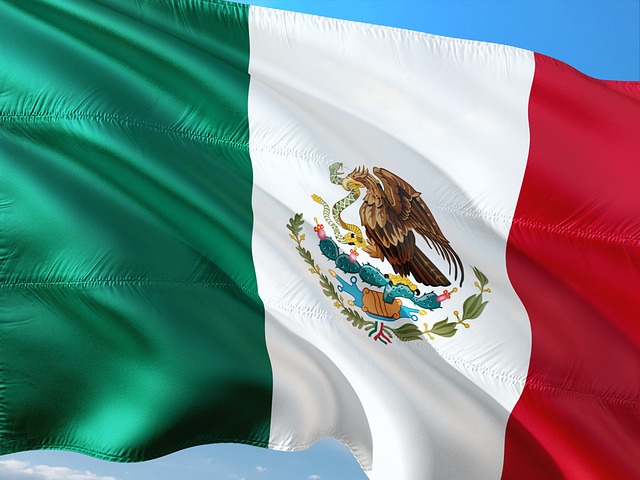
The Strange Relationship Between Christianity and Mexican Politics
- By Derek Welch --
- 04 Jul 2018 --

With The Election Of Presidential Hopeful Andrés Manuel López Obrador Almost Assured Will It Change Religion And Politics Forever?
Mexico is on the edge of a revolution. For the first time in nearly one hundred years, the Institutional Revolutionary Party (PRI) might not control the political future of the country. Tired of a corrupt political system, a failing economy, and a drug war that killed nearly thirty thousand people last year alone the people are looking for a change. Many Mexicans believe the man for that change is Andrés Manuel López Obrador (AMLO). Obrador’s strange and sometimes contradictory relationship with religion is an apt representation of how Mexico mixes politics and religion.
[ The Strange Relationship Between Christianity and Mexican Politics [/tweetthis]
Mexico is the second largest Catholic nation in the world. A significant reason for this was that the Catholic Church had complete control of the government for hundreds of years. Subsequently, the church was given a monopoly over the spiritual health of the Mexican population. Even for a predominately Catholic country, this has created a modern sense of mistrust for the inclusion of church and state. Seventy-four percent of Mexicans believe that religion should be kept out of politics. Mexico did not even re-establish official relations with the Vatican until 1992.
In some ways that translates into a more liberal view of Catholicism. The majority of Mexicans believe that the Catholic Church should allow both contraception and abortions. But this has limits. Only thirty percent believe in priests being able to marry or have children.
Obrador is known for being a populist candidate who promotes more liberal economic and social policies. He has decried companies as villains and promised to bring an industrial revolution. But he has had been walking a tightrope when it comes to religion. While he claims to be a Christian, he has never stated what his denomination is. In fact, while he uses religious language like calling corruption a “civic sin” he avoids talking about his faith. While he is seen positively by LGBTQ groups, he has formed a coalition with evangelical Christians and refuses to stance his position on same-sex marriage. When Obrador’s campaign released a document about women’s rights, there was zero mention of abortion.
This is part of the broader relationship between religion and politics. While Mexican citizens might not want religion involved in politics, religion is a potent political force. Politicians desperately seek the support of conservative preachers, Catholic leaders, and religious icons. While Obrador needs to win the hearts and minds of the Mexican people he cannot forget about their souls. Some critics have argued that this balancing act guarantees that Obrador will not make the sweeping social reforms he promises. His supporters say that to counterbalance the dominance of the PRI in Mexican politics required a broad-based coalition.
Obrador has a commanding lead and is projected to win the presidency. His political coalition is also likely to win a large number of legislative seats. It is still unclear how far a new power structure in Mexico will change the structural corruption that has caused half of the population to be at or below the poverty line. It also is unclear if Obrador’s success will strengthen religion and its role in political office or completely divorced from political life.


















